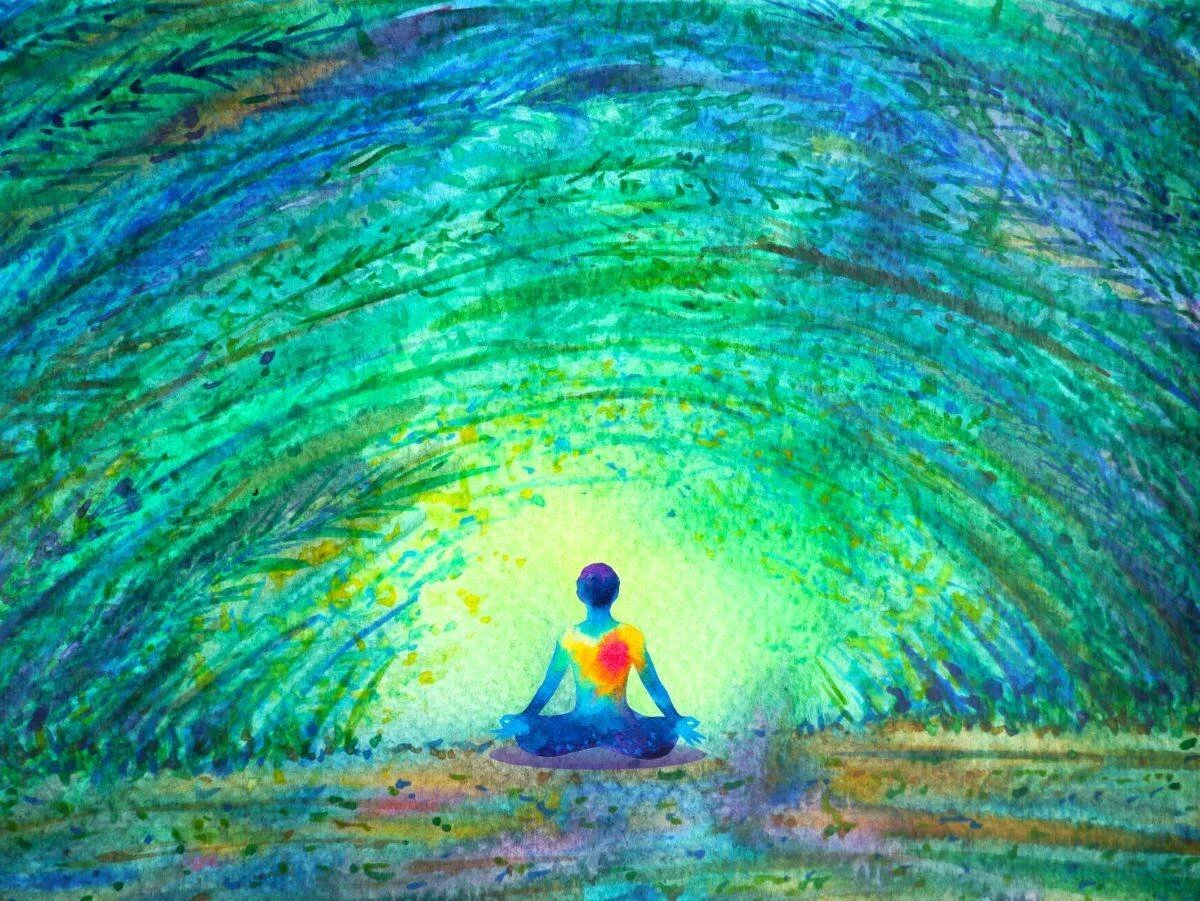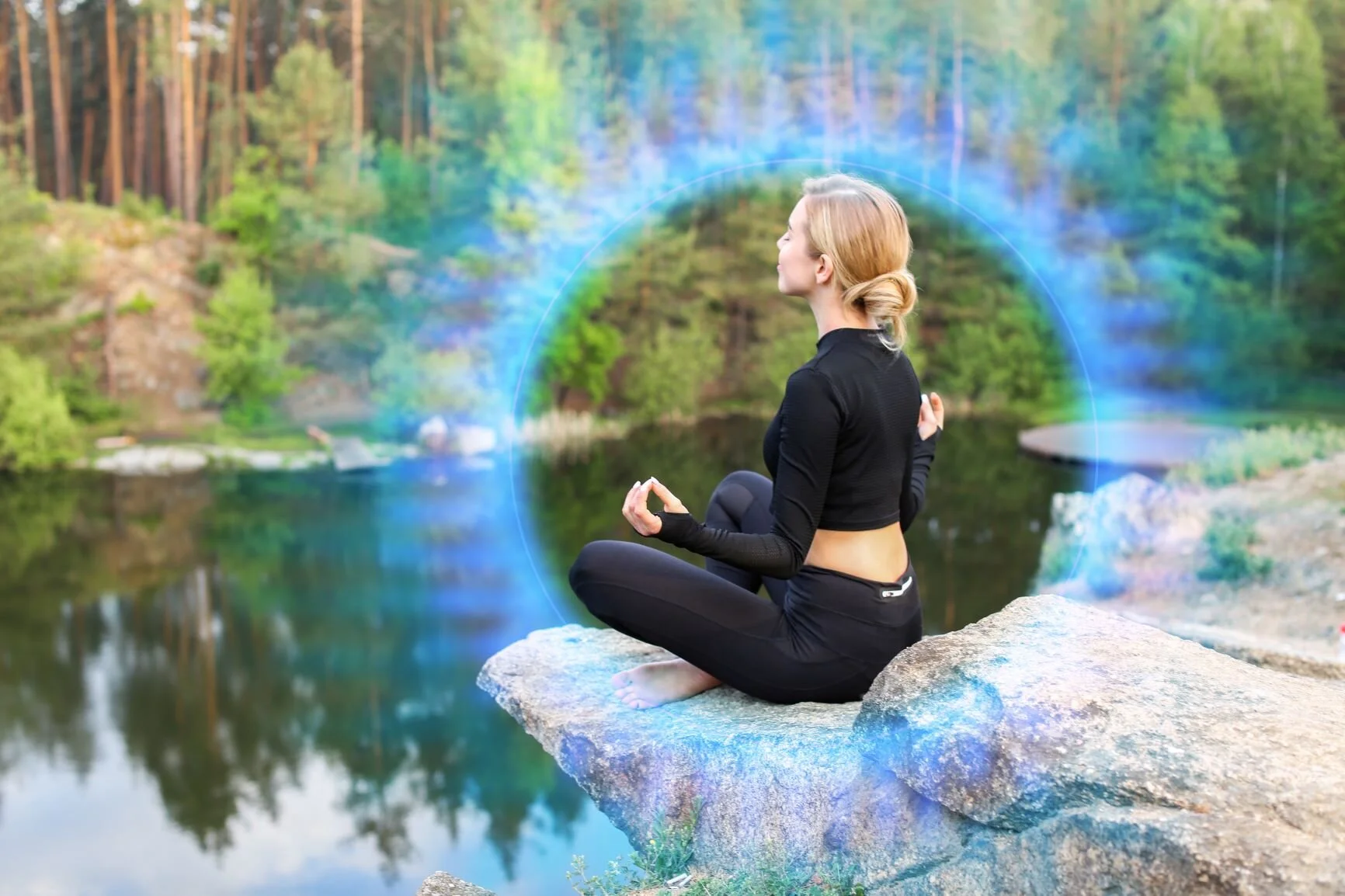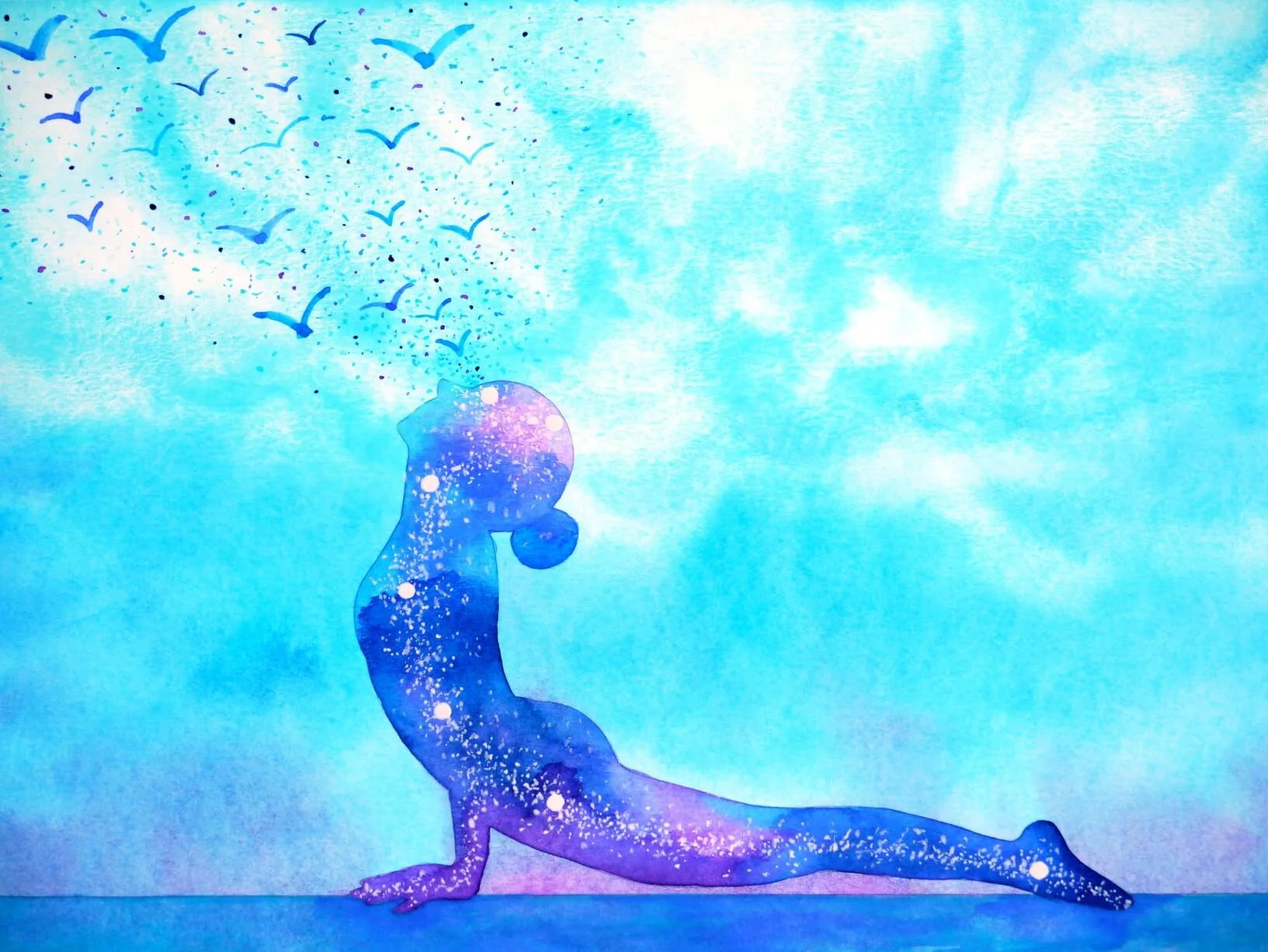Oddly enough, it turns out that relaxation is challenging. When you relax deeply, you let go of stress. I know that sounds ridiculously obvious. Think about what happens as you let go of tension, what is this "letting go" process? As your muscles begin to relax, you become aware of what you were tense about: you see mental movies, replay conversations, and feel sensations of tension in your body. And then as you pay attention, these melt away. But you are probably not used to how this feels. The sensations of tension and tension release can be very intense, like rubbing your leg muscles when you have walked or hiked a long ways.
Every night you go through a process of letting go of tension – it's called sleep, and your body relaxes and rests. But the thing is, nature conks you out. You are unconscious. This means you can't resist the rejuvenation process. In meditation, you are conscious, so you can resist. And because you are conscious, you feel everything. The skill of meditation is learning how to not resist, how to cooperate consciously with this natural process.
Meditation is different from sleep in that you are awake inside AND you are resting more deeply than sleep. This takes getting used to, and for the first couple of months it is best to have a trained teacher you are in communication with and can get in touch with immediately, whenever a question arises. If you don't get an answer to your question by the end of the day, you will probably stop meditating soon. You won't know why – you just won't seem to find time to do it anymore. This happens to most people who start meditating. There was some key aspect of how to cooperate with their own process they did not learn in time, so they quit.










